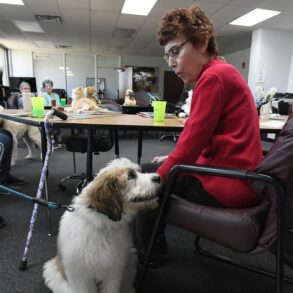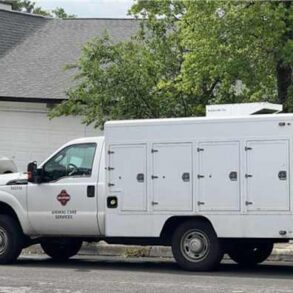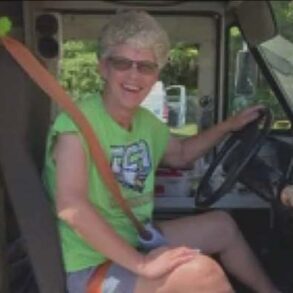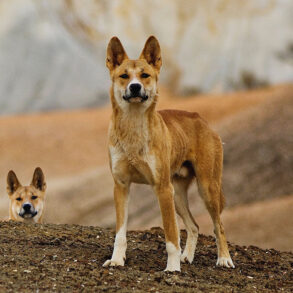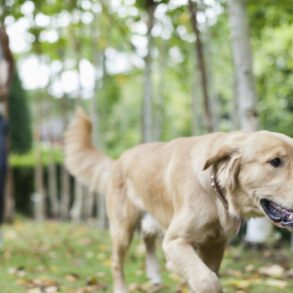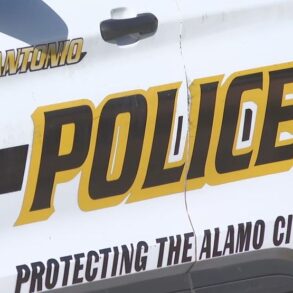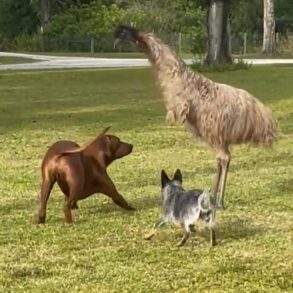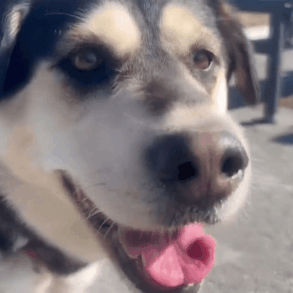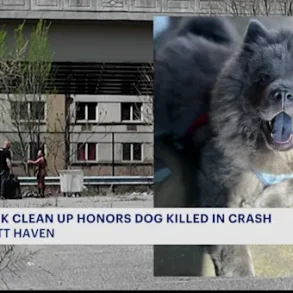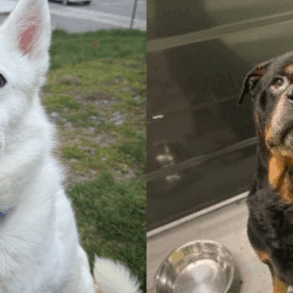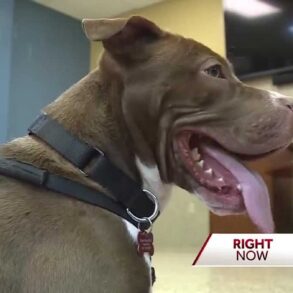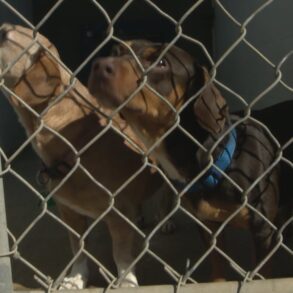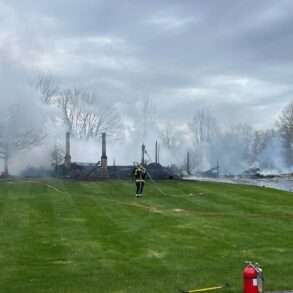BBC Scotland News
 BBC
BBCOnce a sport that packed out stadiums across the country, greyhound racing is facing extinction in Scotland.
As the nation’s last track shuts its door indefinitely, MSPs are considering a bill that would ban the sport for good.
Campaigners are demanding Scotland follow Wales in committing to outlaw what they describe as outright animal cruelty.
Trainers and owners insist their sport is a misunderstood hobby that prioritises the welfare of dogs.
In recent years just one greyhound track in Scotland, Thornton Stadium in Kirkcaldy, has been staging races.
It closed until further notice in March, citing difficulties with finding a betting partner and concerns about the proposed ban.
The sport may appear to be dying out. Scottish Green MSP Mark Ruskell is determined to keep it that way.
He has lodged a members bill in parliament proposing a ban, though he is seemingly facing an uphill battle to win government support.
According to the latest data from the Greyhound Board of Great Britain (GBGB), the sport’s regulator, 109 greyhounds died trackside in the UK in 2023. A further 4,238 injuries were recorded.
“These dogs deserve so much better,” says Narisa Rojanamonthien, who adopted rescue dog Crafty in 2023. “They deserve a loving home.”
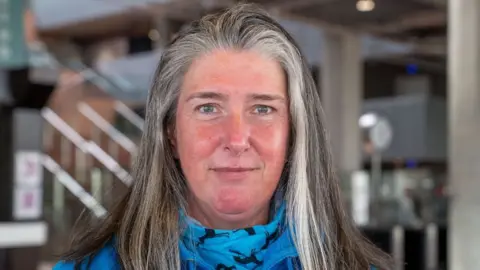
Like many greyhounds raised in racing kennels, Crafty has numbers tattooed on his inner ears, and has struggled to socialise with other dogs and humans.
Lorraine Baker, who runs the Scottish Greyhound Sanctuary, says racing dogs are at risk of shattered legs and broken necks. One dog her organisation took in even had a parasitic brain worm.
“The sooner the ban happens the better,” she tells BBC Scotland News.
Animal welfare charities have also raised concerns about owners euthanising dogs that are deemed unfit to race, whether due to age, injury or simply being deemed surplus to requirements.
There were once more than 20 tracks in Scotland. But the sport has been in decline across the UK since the middle of the 20th century.
Back then it used to attract punters by their thousands and generated huge revenues as a key part of Britain’s gambling industry.
In recent decades tracks were marketed to stag and hen parties, or as a fun office night out.
‘Resurgence’ fears
There are fewer than 30 greyhound racers left in the country. Currently without a track, their sport’s looming extinction could render moral arguments about a ban redundant.
Gill Docherty, founder and trustee of campaign group Scotland Against Greyhound Exploitation, has spent years protesting outside Thornton and other tracks.
Her petition calling for the sport to be banned is the most signed in Scottish parliamentary history.
She tells BBC Scotland News: “If there’s not a legislative change yes Thornton might eventually die off, but we don’t want to leave that door ajar for a resurgence if there became more interest in it in decades to come.”
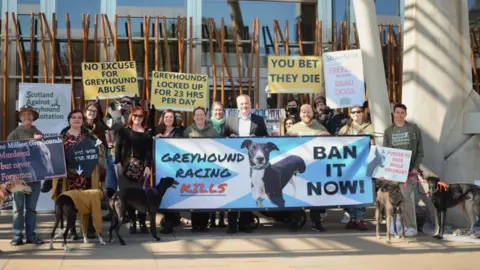 Sage
SageJames Shand, an owner and trainer from Cowdenbeath, has been racing greyhounds at Thornton for 40 years.
With the track “highly unlikely” to re-open, he has just given up his last three dogs.
He tells BBC Scotland News family circumstances mean he is unable to keep the greyhounds as pets.
“My dogs were better fed than some of the bairns running in the streets,” Mr Shand says.
“That’s what really annoys me about the people trying to ban greyhound racing.”
He says he has never put down a dog because it could no longer race, and insists he does not know a trainer who would do so.
As his lifelong passion seemingly dies out in Scotland, Mr Shand is mournful over the dwindling community of trainers.
“We never even got a last meeting,” he says. “So there are boys you’ll never ever see again.”
 James Shand
James ShandIf passed, Ruskell’s Prohibition of Greyhound Racing (Scotland) Bill would create an offence of permitting a greyhound to compete at racetracks in Scotland, with a maximum sentence of up to five years.
The Green MSP tells BBC Scotland News: “From the dogs’ point of view, it doesn’t matter whether they’re at Thornton or elsewhere in the UK.
“They’re still facing that inherent risk of being raced at speeds of up to 40mph. And that’s where they can break their legs, that’s where they can break their necks.”
He adds: “And these are just gentle creatures. We shouldn’t be putting them under this kind of risk of racing. It’s unacceptable.”
‘Outrageous bill’
Paul Brignal has owned Thornton Stadium since 2002.
He tells BBC Scotland he has hopes of racing dogs there again but will hold off on any decision until he sees the outcome of Ruskell’s “outrageous” and “seriously flawed” bill.
As it is not licenced by the GBGB, Thornton has not been compelled to keep a record of injuries and adhere to safety standards.
Mr Brignal says he would be willing to comply with recommendations from a 2023 report by the Scottish Animal Welfare Commission if it means the track can stay open. That report called for the Thornton to record injuries and have a vet present at race meets.
He says Thornton has kept track of serious injuries since 2022 – recording six in that time, including one dog who was put down after suffering a broken leg.
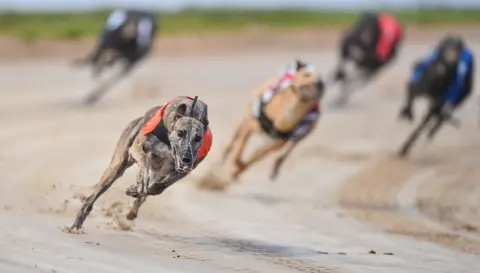 Getty Images
Getty ImagesMr Brignal says: “I assure you it is safer for a greyhound to run around a prepared track than it is running around a park or golf course, where a rabbit hole or tree stump can cause a far more horrendous injury.”
But with his track closed for the foreseeable future and the pool of racing regulars shrinking, he says there is “very little possibility” of another track opening soon.
“It would need a large investment for very little return,” Mr Brignal says. “So when and if Thornton Stadium closes, then I would assume that greyhound racing in Scotland will end.”
Ruskell’s has been backed by MSPs from all parties. The Scottish government, however, has said it is not “convinced” a ban is required.
‘No relevance’
Ministers have said they would consider a licensing scheme instead, with owners and trainers penalised if they breach animal welfare standards.
A spokesperson said: “The Scottish Government takes the welfare of animals very seriously.
“We will fully consider the detail and implications of Mark Ruskell’s bill to prohibit greyhound racing in Scotland once a draft of the Bill is available.”
The Greyhound Board of Great Britain said the bill had “no relevance” to Scotland as no licensed racing was currently taking place.
Chief executive Mark Bird said: “This is a confused and ill thought-out piece of legislation with implications that go well beyond the remit of racing greyhounds in Scotland.”
He added: “This Bill ignores the substantial evidence which proves the need for effective regulation to safeguard greyhound welfare.”
The UK government has “no plans” to introduce a ban in England.
The sport may be on its last legs in Scotland, but those who wish to see it permanently banned are not nearly ready to give up the chase.
This post was originally published on this site be sure to check out more of their content.





